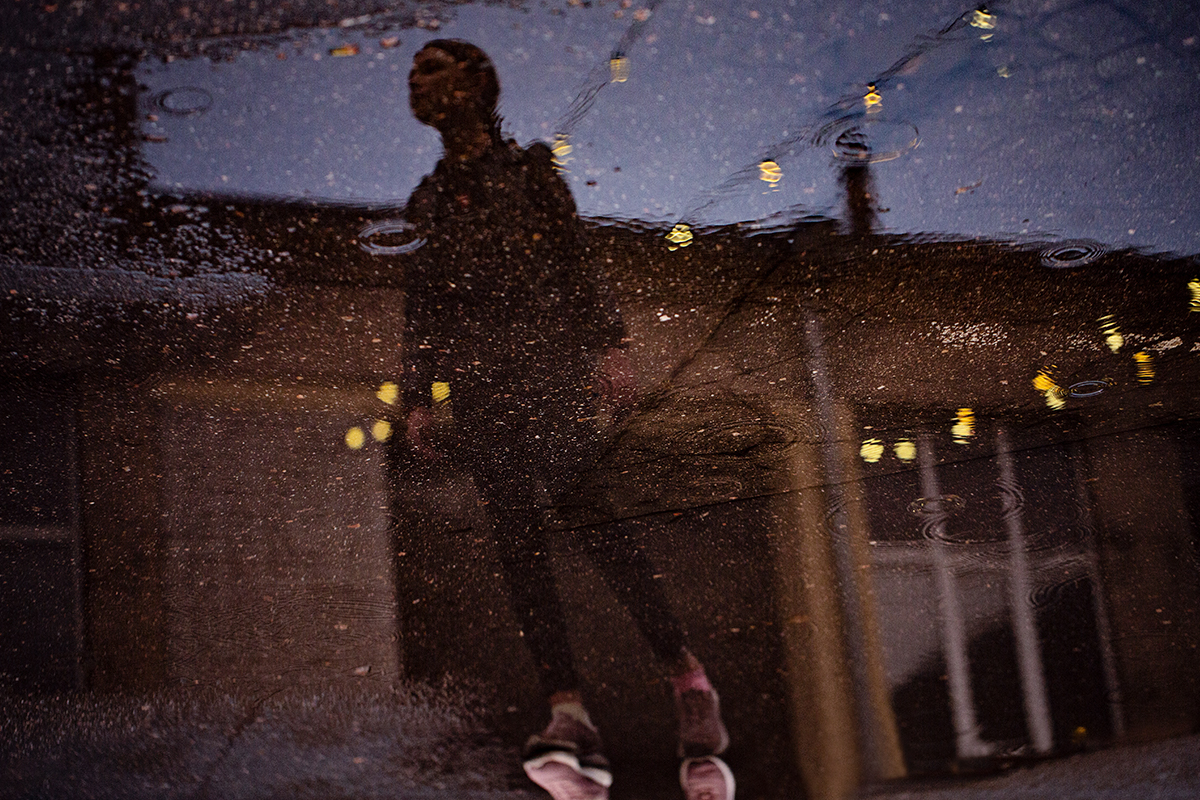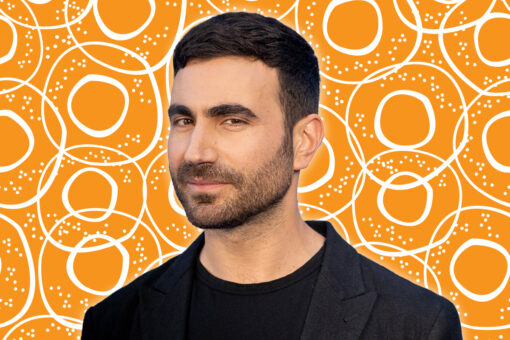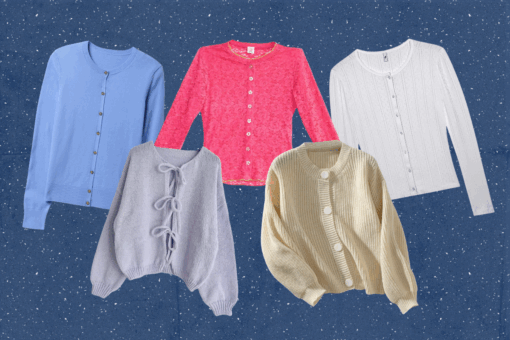When I tell people I’m Asian and Jewish, they usually react with complete shock and surprise. “Wow, I’ve never met or heard of an Asian Jew. That’s so interesting!”
Even when people, especially white Jews, have heard of Asian Jews before, they usually ask me what country I am from (as if it could not be the United States), or strike up a conversation about some Jewish population in Asia that I have no ties to. Or they mention that their Jewish friend has an Asian wife. I am not what people expect when they think “Asian Jew.”
When we in the Jewish community talk about Asian Jews, it’s often with this tinge of othering. White Jews fawn over the history of Kaifeng Jews and are amazed at pictures of India’s Bene Israel Jews celebrating Passover. We are viewed as a “rare unicorn.” We are marveled at as Jews who live in faraway lands and are struggling to maintain our small communities. We are not seen as “normal” Jews, and especially not normal American Jews.
This us-versus-them mentality, the idea that Asian Jews are an entirely “other” kind, reeks of the racist perpetual foreigner stereotype. As Asian Americans, our families could live here for generations, but our loyalty to this country needs to be repeatedly proven. In the late 1800s, laws like the Chinese Exclusion Act were passed to explicitly ban people from our ancestral homelands from immigrating here. Americans, born and raised, were incarcerated during World War II for being of Japanese descent. Only certain types of Americans were Americans — the white kind.
Today, this manifests in microaggressions like “where are you really from” and “your English is so good!” to the surge of anti-Asian racist violence during the COVID-19 pandemic. Recently, it manifested in Minari, a film about a Korean American family set in rural Arkansas, being forced to compete in the “foreign language film” category at the 2021 Golden Globes. (It won.)
For Asian American women like me, exotification and othering often turns into fetishization and “Asian wife” stereotypes, which is sometimes also present within the Jewish community. After all, the most prominent case of an Asian American Jewish family is Priscilla Chan marrying Mark Zuckerberg. My Asian friends have been asked at Shabbat if they are there with their presumably white husbands. White Jewish guys have felt the need to highlight to me the fact that their girlfriends or wives are Asian. I have actually been told by “nice Jewish boys” that I am racially perfect for them, because I fit their Asian fetish while being Jewish and satisfying their bubbe.
But I am not Jewish because I married into a white Jewish family; neither is my Jewish lineage from Asia. My family story is as Ashkenazi as they come — my dad’s grandfather immigrated through Ellis Island in the early 1900s from the former Russian Empire to Portland, Maine. My father was raised in a Conservative Jewish home with Yiddish-speaking parents and rigorous Hebrew school. His dad would let him and his brothers eat the Maine staple of lobster, but it would have to be outside of their kosher home. I can’t think of anything more American Jewish than adopting the foods of where you settle down and trying to reconcile it with what you inherited from your ancestors.
My mother, along with my entire maternal family, are from Chengdu, China. Though she has some understanding of Judaism, and sometimes helps me and my dad dispel misconceptions about who we are, my mother doesn’t consider herself Jewish or feel tied to Judaism. My parents kept their cultures separate in our household, which I have tried to bring together in creative ways as an adult.
Of course, an Ashkenazi story like mine is far from the only way to be an Asian American Jew. Through working on LUNAR: The Jewish-Asian Film Project, for which I am the producer and co-creator, I discovered truly how diverse we Asian American Jews are. We are mixed-race, transracial adoptees, Jews by Choice, Jews with ancestry all across the world. Some of us, like me, grew up abroad, while others have families who’ve lived in California for generations. There are many American Jews who have Jewish ancestry in Asia, such as the Bukhari Jewish community in New York and Indian Jewish Americans (like the wonderful artist, Siona Benjamin).
The Jewish community needs to have a more expansive view of who Asian American Jews are. One that makes room for the fact that our stories are American stories, too. We need to be fully seen, welcomed, and included in the fabric of American Jewry as fellow American Jews, plain and simple. We are leaders in your community, at your synagogue, on your nonprofit boards… we’re here. And it’s time for all American Jews to hear us on our own terms.



